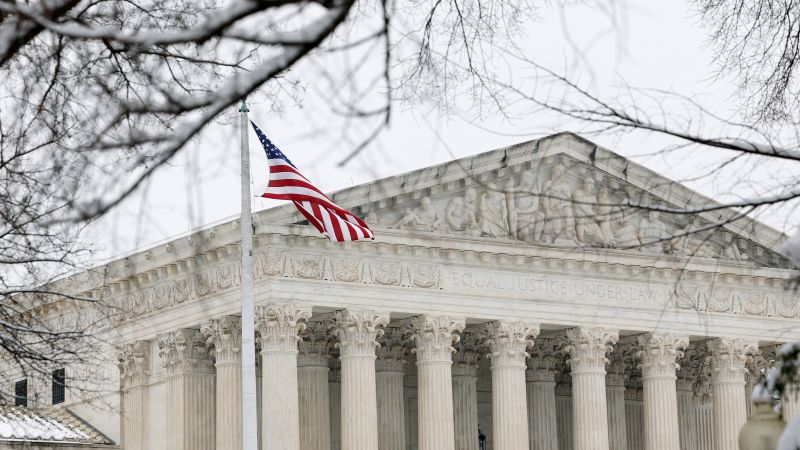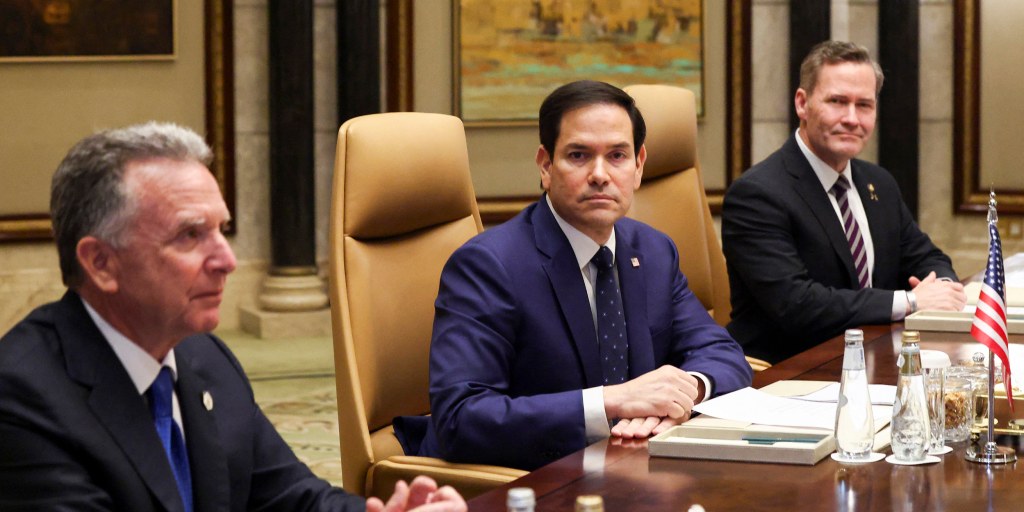Political Divide, Personal Bridge: Why Talking to Your 'Enemy Neighbor' Saves Democracy
Politics
2025-03-21 17:28:08Content
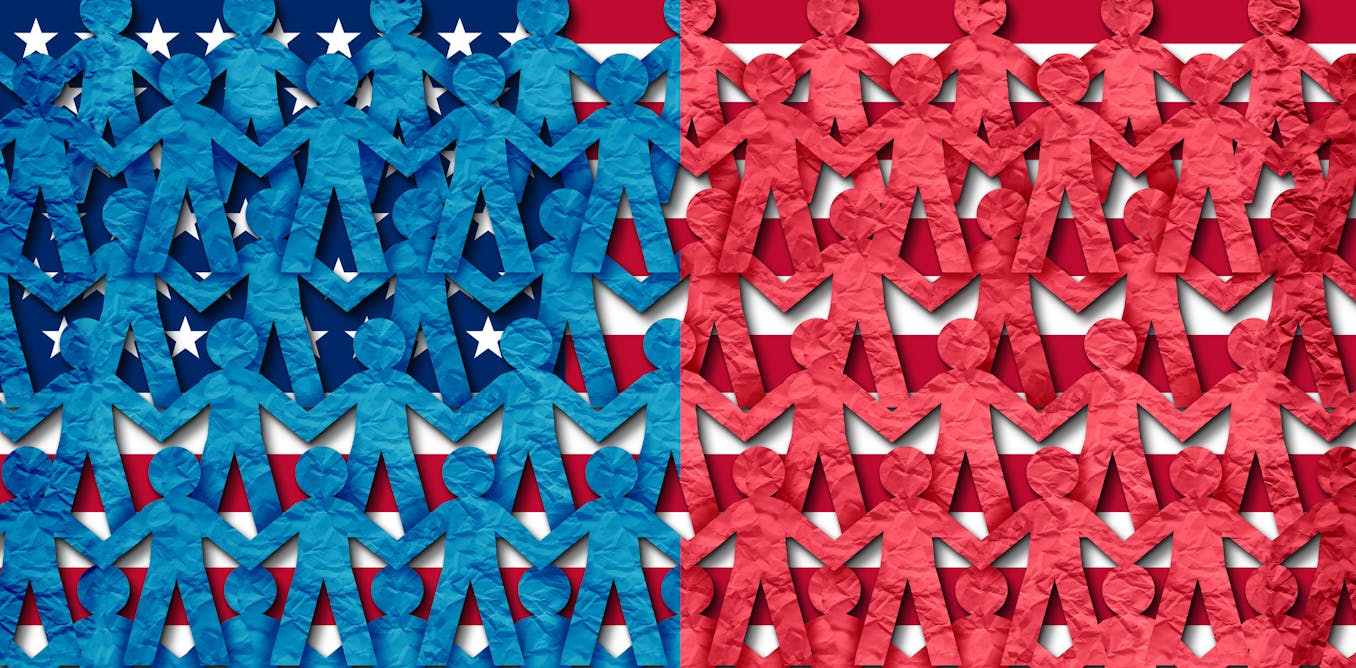
In today's increasingly polarized political landscape, Americans are creating a dangerous cycle of social division. As people increasingly withdraw from interactions with those holding different political views, harmful stereotypes begin to fill the void of genuine understanding. These stereotypes, once formed, further discourage meaningful dialogue and connection, causing individuals to retreat even more deeply into their ideological echo chambers.
This self-reinforcing pattern of isolation and misunderstanding erodes the social fabric that once allowed diverse perspectives to coexist and engage constructively. When we limit our interactions to only those who think like us, we lose the opportunity to challenge our assumptions, develop empathy, and recognize the nuanced humanity in those with different political beliefs.
Breaking this cycle requires intentional effort: seeking out conversations across political lines, listening with genuine curiosity, and recognizing that complex political views cannot be reduced to simplistic caricatures. By bridging these divides, we can begin to rebuild the mutual respect and understanding essential to a healthy democratic society.
Political Polarization: The Silent Erosion of Social Connections in Modern America
In an era of unprecedented digital connectivity, paradoxically, Americans are experiencing a profound social disconnection that threatens the very fabric of democratic discourse. The increasing political tribalism has transformed how individuals perceive, interact with, and understand those who hold different political perspectives, creating invisible barriers that fragment our collective social landscape.Breaking Down Walls: Understanding the Psychological Mechanisms of Political Isolation
The Echo Chamber Effect: How Digital Platforms Amplify Divisiveness
Digital platforms have become sophisticated architects of ideological segregation, meticulously curating content that reinforces existing beliefs while systematically excluding contradictory perspectives. Social media algorithms function like invisible gatekeepers, constructing personalized information ecosystems that gradually narrow users' cognitive horizons. These algorithmic mechanisms subtly encourage intellectual isolation, transforming diverse digital spaces into increasingly homogeneous ideological enclaves. The psychological ramifications of these digital echo chambers extend far beyond mere information consumption. Individuals become progressively detached from alternative viewpoints, developing cognitive rigidity that transforms political differences into insurmountable psychological barriers. Each interaction within these curated environments further entrenches preexisting beliefs, creating a self-reinforcing cycle of polarization.Cognitive Biases: The Psychological Roots of Political Stereotyping
Human cognitive architecture predisposes individuals toward simplification and categorization, particularly in complex social environments. Political stereotyping emerges as a cognitive shortcut, allowing people to rapidly process intricate social information by reducing multifaceted human experiences into simplified, manageable narratives. Confirmation bias plays a pivotal role in this psychological mechanism, compelling individuals to selectively absorb information that validates preexisting beliefs while reflexively dismissing contradictory evidence. This cognitive tendency transforms nuanced political perspectives into rigid, monolithic representations, effectively dehumanizing individuals who occupy different ideological spaces.Social Fragmentation: The Interpersonal Consequences of Political Tribalism
The gradual erosion of cross-political social connections represents a profound societal transformation. Families, friendships, and professional networks increasingly become battlegrounds of ideological tension, with political affiliations serving as primary markers of social identity. This fragmentation manifests through deliberate social distancing, where individuals strategically minimize interactions with those holding divergent political perspectives. Such self-imposed isolation creates psychological feedback loops, where reduced exposure to alternative viewpoints further entrenches stereotypical perceptions, ultimately accelerating social fragmentation.Rebuilding Bridges: Strategies for Overcoming Political Polarization
Addressing political polarization requires multifaceted interventions targeting individual psychological mechanisms and broader societal structures. Cultivating empathy, promoting active listening, and creating structured dialogue platforms can gradually dismantle the psychological barriers that sustain political tribalism. Educational initiatives focusing on critical thinking, emotional intelligence, and cross-cultural communication skills represent crucial strategies for mitigating polarization. By equipping individuals with sophisticated interpersonal tools, society can begin reconstructing the social bridges systematically dismantled by ideological tribalism.Technological Interventions and Social Reconnection
Emerging technological platforms and design philosophies offer promising avenues for disrupting existing patterns of political isolation. Algorithmic interventions that deliberately expose users to diverse perspectives, coupled with user interface designs promoting constructive dialogue, could gradually reshape digital social interactions. Artificial intelligence and machine learning technologies hold potential for creating more nuanced, context-aware recommendation systems that challenge rather than reinforce existing ideological boundaries. These technological innovations could serve as catalysts for broader social reconnection, transforming digital spaces from divisive echo chambers into dynamic platforms of meaningful exchange.RELATED NEWS
Politics
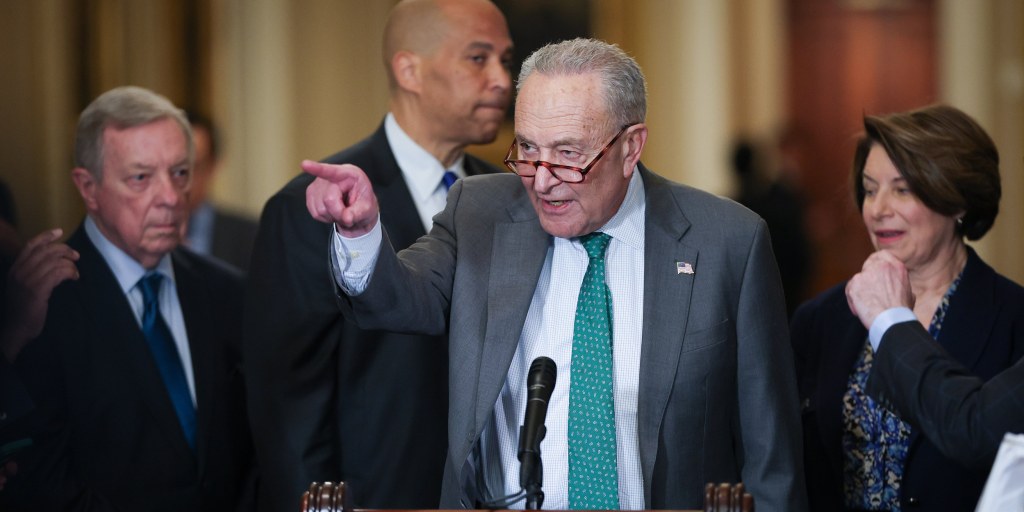
Crossroads of Compromise: Democrats Face Tough Choice in House Funding Showdown
2025-03-11 23:16:36
Politics
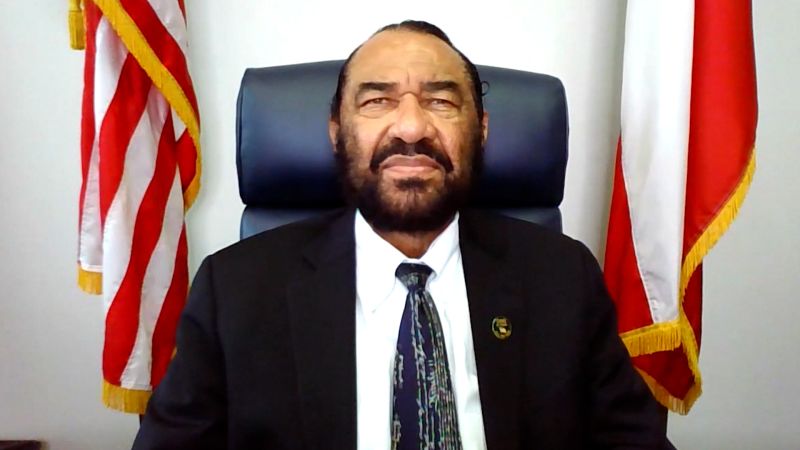
Censure Controversy: Rep. Al Green Calls Out 'Blatant Hypocrisy' in Congressional Rebuke
2025-03-08 19:04:49
Politics

Nets and MAGA: How Texas Shrimpers Are Casting Their Hopes on Trump's Trade War
2025-04-10 22:00:00

